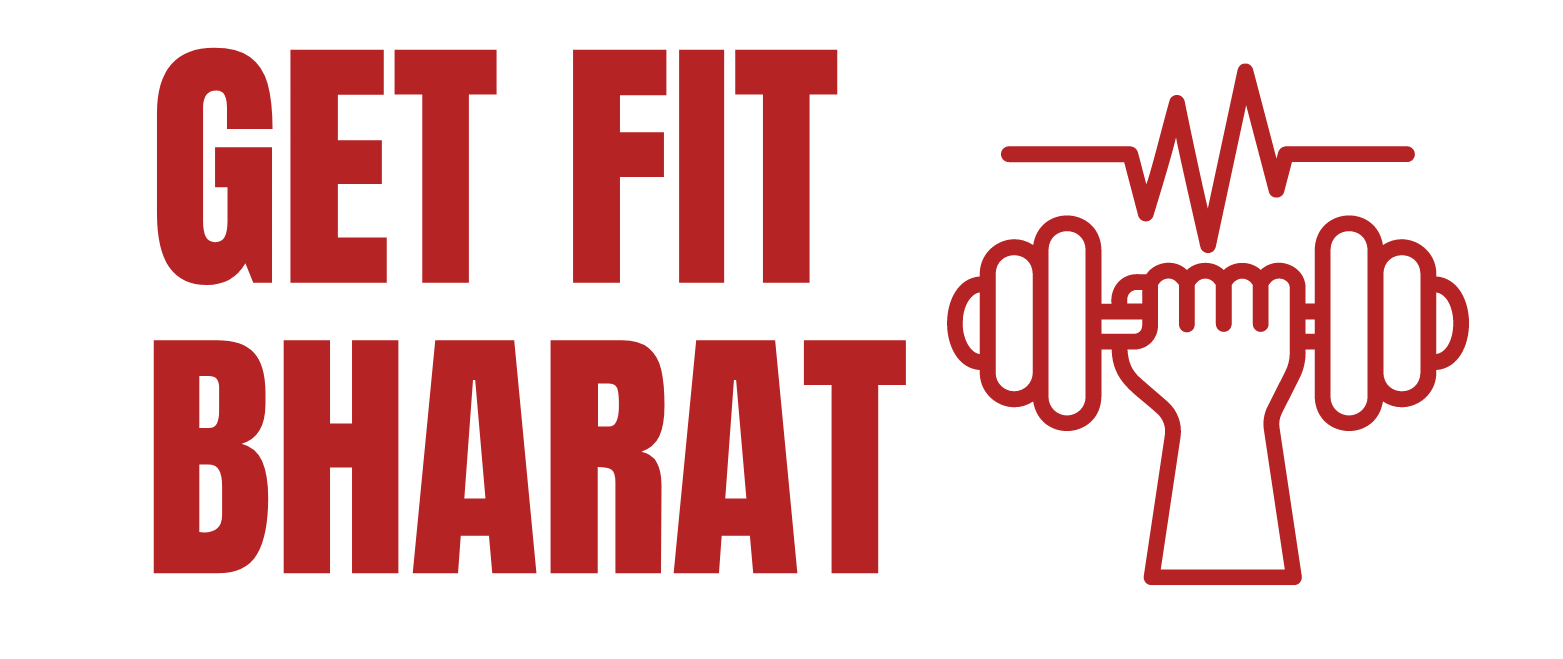Paddy Upton has made a habit of shaping sporting champions. From crafting India's mental resilience for the 2011 Cricket World Cup – the cricket team’s first title in 28 years – to inspiring the men’s hockey team to a historic bronze medal at the Tokyo Olympics, Upton’s expertise has transcended disciplines.His latest triumph? Guiding Indian …
Cricket to Chess: Mental coach Paddy Upton a constant in India’s sporting highs

Paddy Upton has made a habit of shaping sporting champions. From crafting India’s mental resilience for the 2011 Cricket World Cup – the cricket team’s first title in 28 years – to inspiring the men’s hockey team to a historic bronze medal at the Tokyo Olympics, Upton’s expertise has transcended disciplines.
His latest triumph? Guiding Indian teenage Grandmaster D Gukesh to World Chess Championship glory.
Gukesh and Upton began collaborating in mid-2024, with the connection facilitated by Sandeep Singhal, co-founder of the WestBridge-Anand Chess Academy (WACA). Although Gukesh had a team filled with chess greats, WACA recognised the need for a mental conditioning expert. That led them to approach Upton, whose illustrious CV made him an obvious choice.
Soon after the historic victory, Gukesh revealed his team of seconds (professional players who assist others) and gave a special mention to Upton, emphasising the significant role the former South African cricketer played in his journey to glory.
Upton, a former first-class cricketer from South Africa, understood little about chess itself, but he worked on shaping Gukesh’s mental fortitude.
Also Read: How ‘heartbroken fan’ D Gukesh was fuelled by Anand’s 2013 loss
Gukesh needed to be at his mental best, especially amid chatter about Ding Liren’s lean patch leading up to the World Championship. Some pundits even speculated that Ding might not show up to defend his crown. However, the Chinese Grandmaster surprised everyone with an exceptional performance in the opening game in Singapore, playing his best chess in two years. In the decisive Game 14, Ding was mere minutes away from forcing a tiebreaker in the Championship, but Gukesh’s persistence, focus, and a critical blunder from Ding turned the game in his favour on Thursday.
“Paddy has been a huge, huge support for me in the last six months. Although he is not part of my chess team, he has been a very, very important person in this journey. One of the critical aspects we worked on was managing the uncertainty around my opponent’s form and approach. Paddy doesn’t understand chess deeply, but he understands sport and the psychology behind it,” Gukesh remarked.
Upton and Gukesh held weekly sessions focused on fostering mental clarity and maintaining composure under pressure, essential traits for championship-level play. Upton’s emphasis on simplicity became a cornerstone of their strategy.
Gukesh’s World Championship victory not only cements his place among the chess elite but also underscores the growing significance of mental conditioning in modern sports.
As Gukesh noted, “It’s really cool that Paddy helped India win the 2011 World Cup. Thirteen years later, he has helped India win the Chess Championship.”
Speaking to Chess24, Upton reflected: “One of the biggest mistakes newcomers make at big events is thinking they need to do something special. The key is consistency – doing what you’ve been doing really well, one move at a time.”
Mental coach Paddy Upton says he’s spoken to Gukesh once a week for the last 6 months, with the plan to have him so ready no contact was needed during the match. He says a big mistake players make is to think they need to do something completely different in their 1st huge event pic.twitter.com/64y7qm1Fvk
— chess24 (@chess24com) December 12, 2024
This philosophy proved crucial in the gruelling World Championship matches, where Gukesh’s ability to remain calm under pressure ultimately tipped the scales in his favour.
Beyond mental preparation, Upton also introduced physical workouts to ensure Gukesh remained sharp and balanced.
As Gukesh explained, “Not only the mental part, but he also planned workouts to keep me in shape physically. Our sessions were about having conversations, sharing thoughts, and receiving feedback. Paddy listened to my thoughts and gave me invaluable insights.”
WHEN UPTON MOULDED CRICKET AND HOCKEY CHAMPIONS
Upton’s journey with elite athletes highlights the universal applicability of mental conditioning. In cricket, he was part of Gary Kirsten’s coaching team that masterminded India’s 2011 World Cup triumph, a victory etched in the nation’s collective memory.
India faced immense pressure during the 2011 World Cup, especially after the debacle of 2007. At the same time, MS Dhoni was shouldering the burden of expectations of a cricket-crazy nation after leading India to T20 World Cup glory in 2007. Until 2011, no team had won a men’s ODI World Cup at home, but India rewrote history.
Several cricketers have praised Upton’s influence during his tenure with the national team. He even returned for a brief stint during Rahul Dravid’s tenure as head coach in 2022.
In hockey, Upton played a pivotal role in the men’s team securing their first Olympic medal in over four decades at the Tokyo Games. There too, he helped a bunch of super-talented stars breach a big mental barrier and stand on the podium.
In a career defined by monumental achievements across sports, Upton’s contribution to Gukesh’s triumph exemplifies his ability to unlock the potential of individuals, regardless of the field. As India celebrates another world champion, Upton’s influence serves as a reminder that the mind is often the most powerful tool in an athlete’s arsenal
Published By:
Akshay Ramesh
Published On:
Dec 13, 2024



